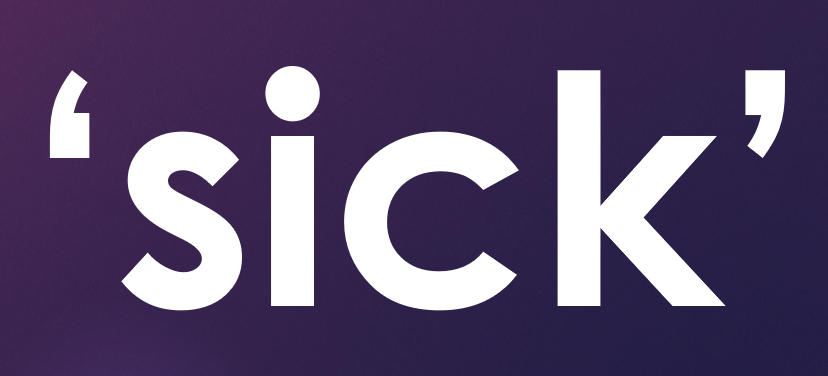NativeBash is live and on the Google Play Store and iOS App Store! Check out the App page of the website to learn more and download it today!
Native... what?
Have you ever been reading or listening to something in a different language and encounter something odd? Or maybe you saw something weird that the locals are doing after you moved to a new place. Something that downright doesn't make sense. This is native culture. No, native culture is not necessarily the culture of Native Americans, but rather the culture of a language or place where the language is spoken which is unique to that language. This can range from idioms, slang, holidays, and even random sayings which don't literally make sense (get it?)
Examples always help
Let's take the USA as an example and find instances of native culture within it.
Thanksgiving: This is a holiday which many Americans regard as special, but nothing too odd. Look at this from a foreigner's perspective though, maybe someone who is learning English as a second language, so they have not faced this holiday through media and the internet: 'Why is there a giant turkey? What are they celebrating? My roommate asked me to go to his house with him, but I didn't think that all of his relatives would be here. What's happening?' This holiday can be extremely strange to someone new to English and the United States, so it's more of a holiday native to the US (probably since it commemorates the first Thanksgiving in Plymouth during America's colonization).
"It's raining cats and dogs": To a new learner of English, this phrase can be baffling because it should not be translated literally unless cats and dogs are falling out of the sky. It otherwise means it's raining heavily, which is probably not intuitive to non-native English speakers. Although this figure of speech is unique to English in general, it can be categorized in US English because US speakers use it.
"Sick": This adjective can be translated both literally and figuratively, making it even more tricky to understand for English learners. Literally, it means 'ill', like after you catch a cold. On the more figurative hand, it means 'cool' (figuratively) or 'awesome'. There is no doubt this confuses English learners and from time to time even native English speakers. This is also part of native US English because many American English speakers use this in the figurative sense.
As you can see, native culture can be anything unique to a language or where the language is spoken, whether it's figurative speech or holidays. Now that you know more about native culture, download NativeBash to learn about all the native culture in English (US), Spanish (ES), and French (FR)! Head on over to the other pages to learn more!




